Entomology Intern
Hawthorne Valley Farmscape Ecology Program
Ghent, NY Application deadline: Open until filled
Communications and Marketing Internship All in Energy, Inc.
Boston, MA Application deadline: March 15th
Agroecology Extension Summer Research Fellow University of Vermont
Burlington, VT Application deadline: Open until filled
Summer UNH Sustainability Fellowship Program UNH Sustainability Institute (Changemaker Collaborative)
Remote or Durham, New Hampshire Application deadline: March 25, 2024
Tufts CEEO Community Outreach Teaching Fellows, Work Study or Non-Work Study Tufts University CEEO Application deadline: March 15, 2024
Green Building Zoning Intern City of Cambridge, MA Application deadline: March 25, 2024

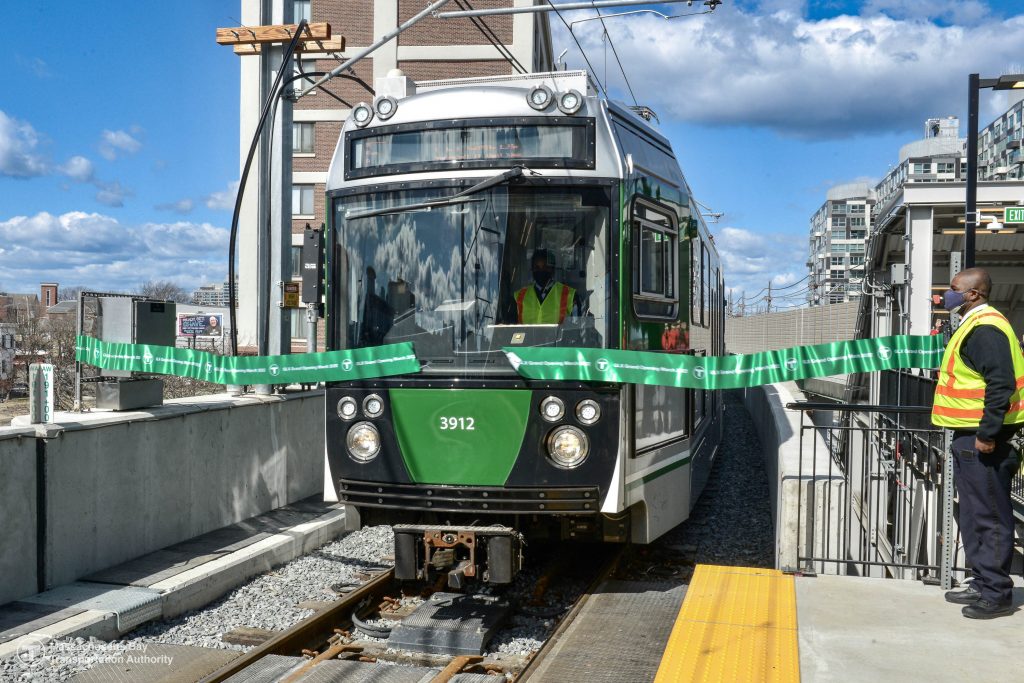
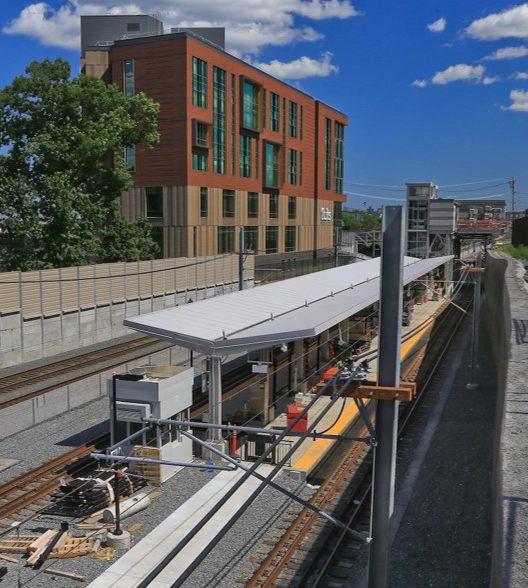
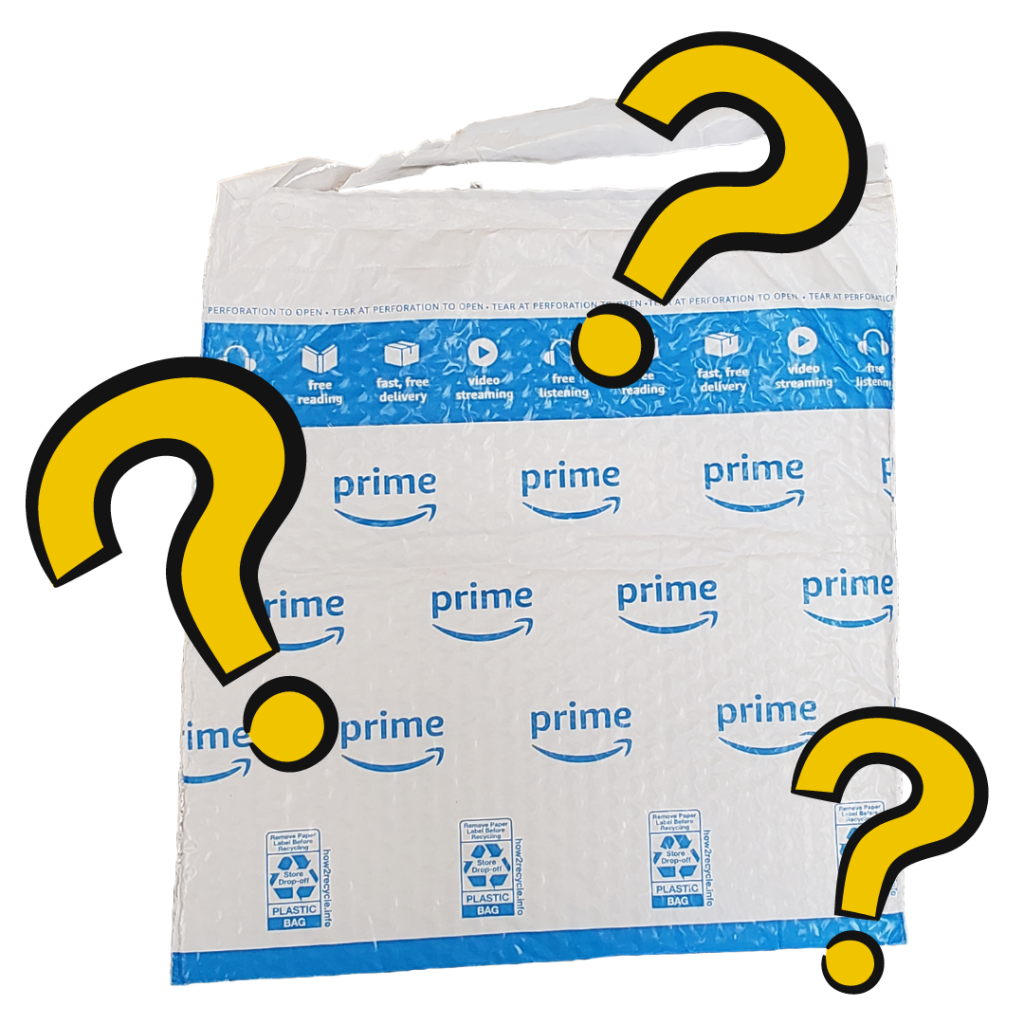
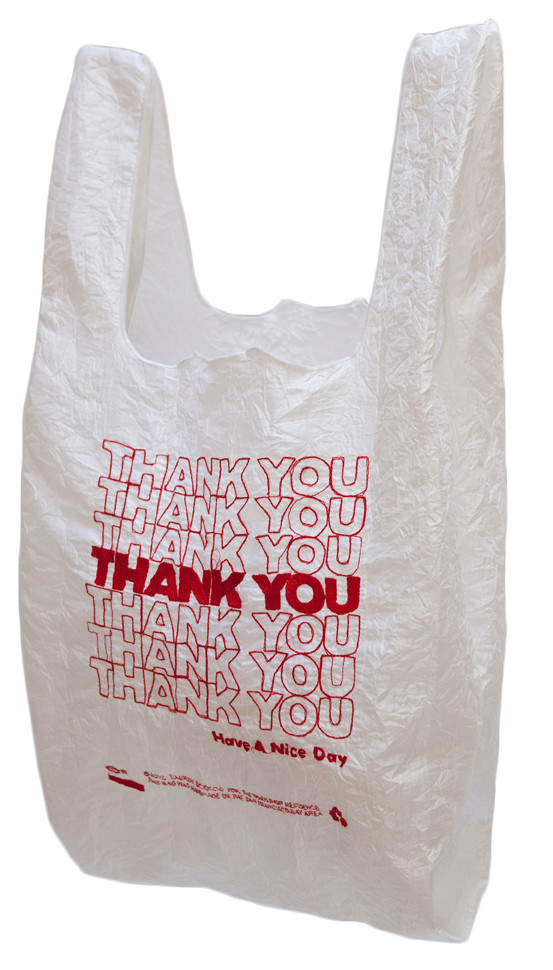
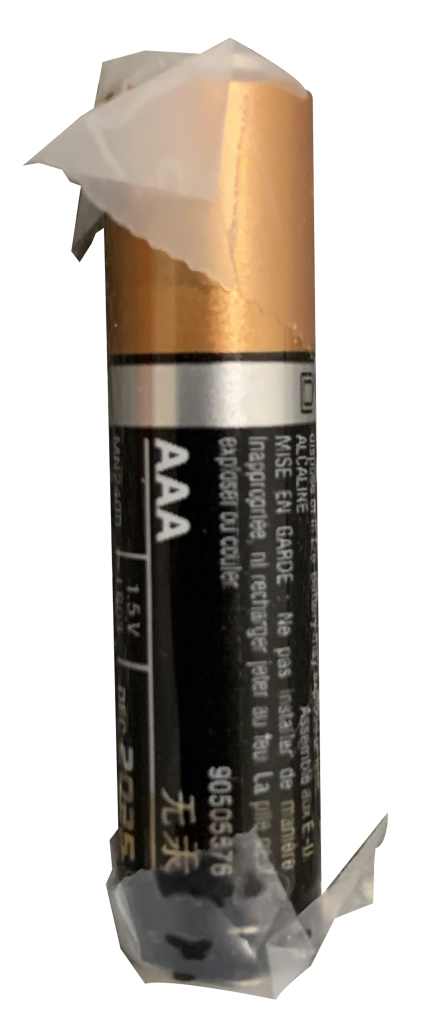
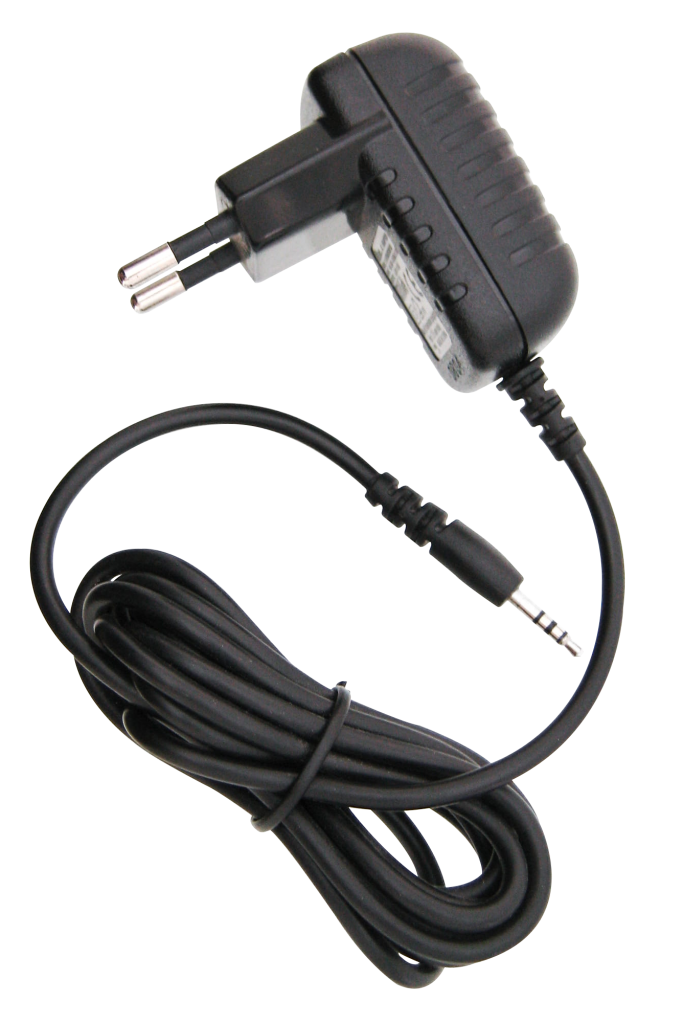


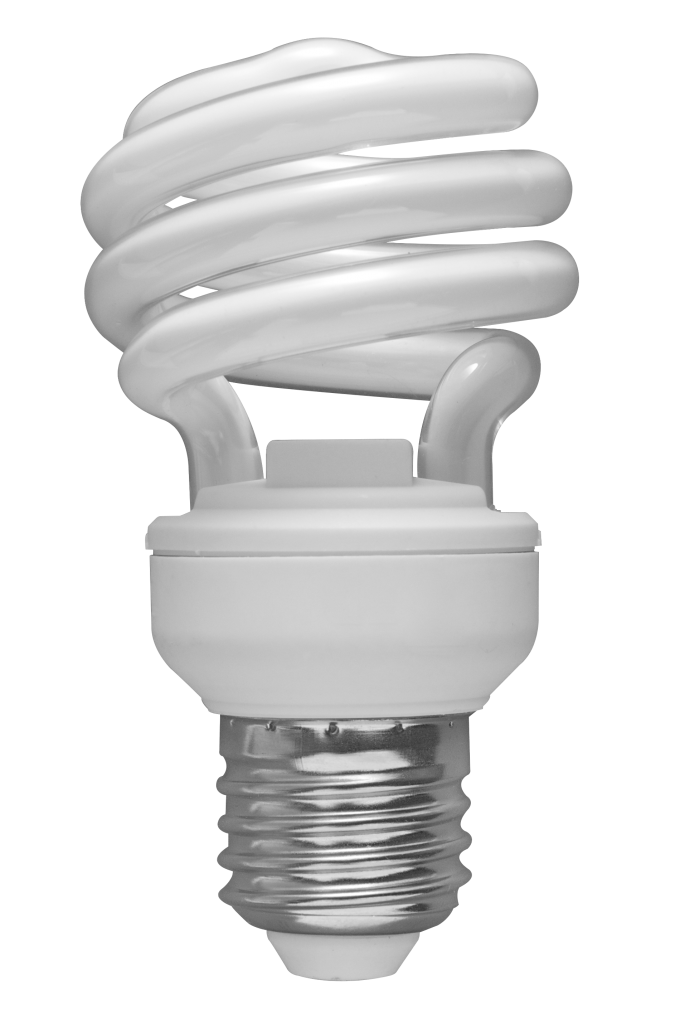

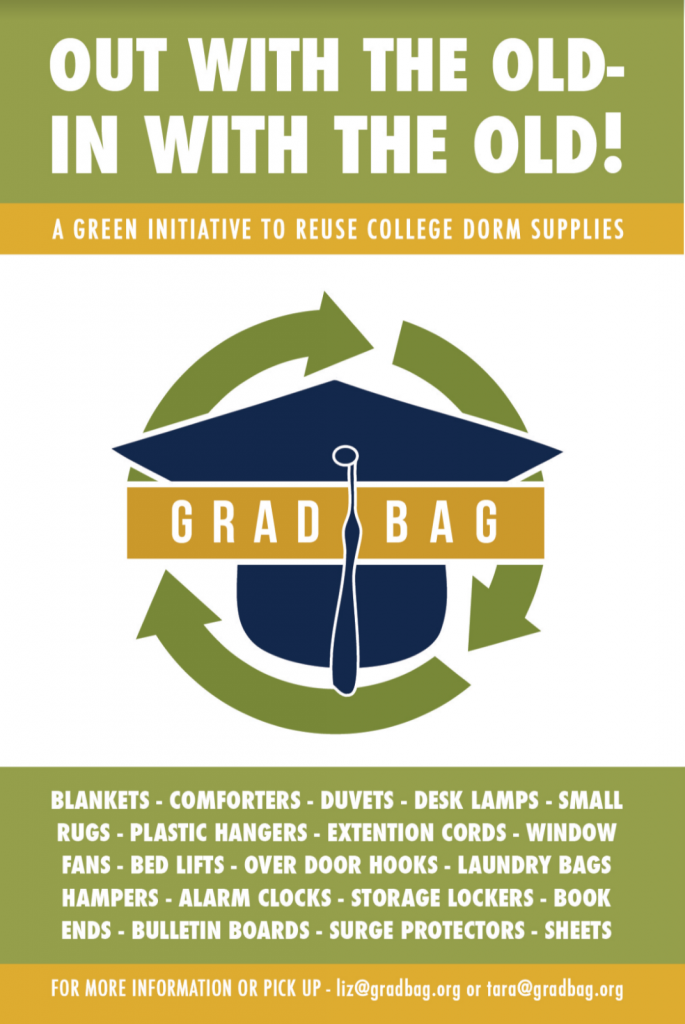
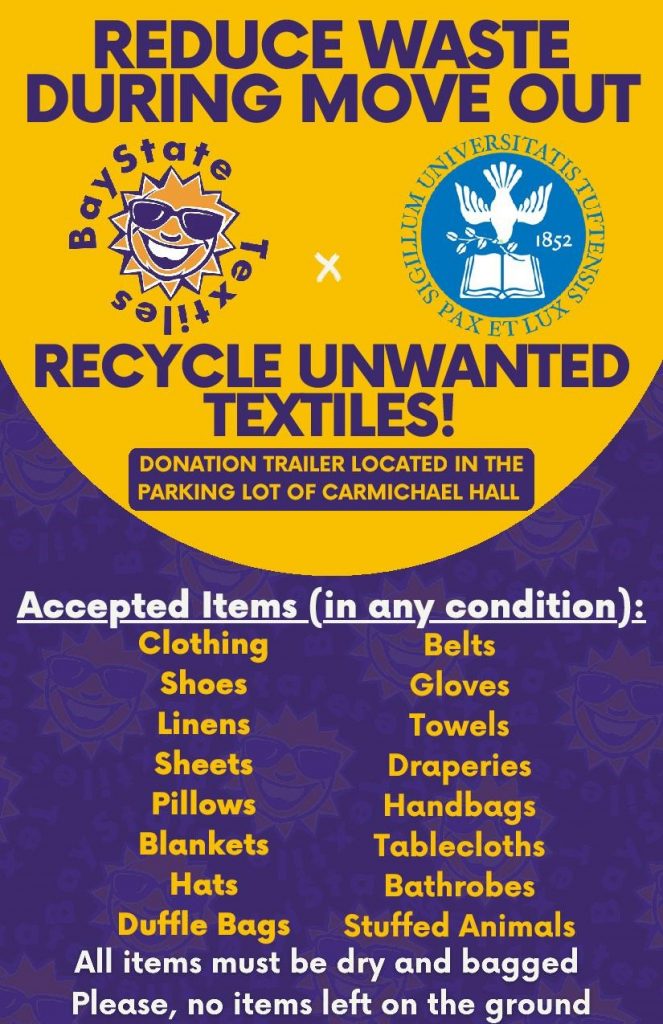
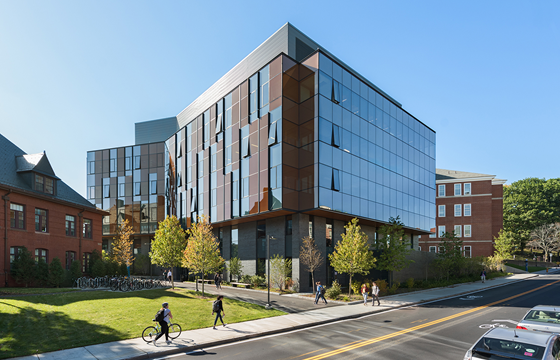

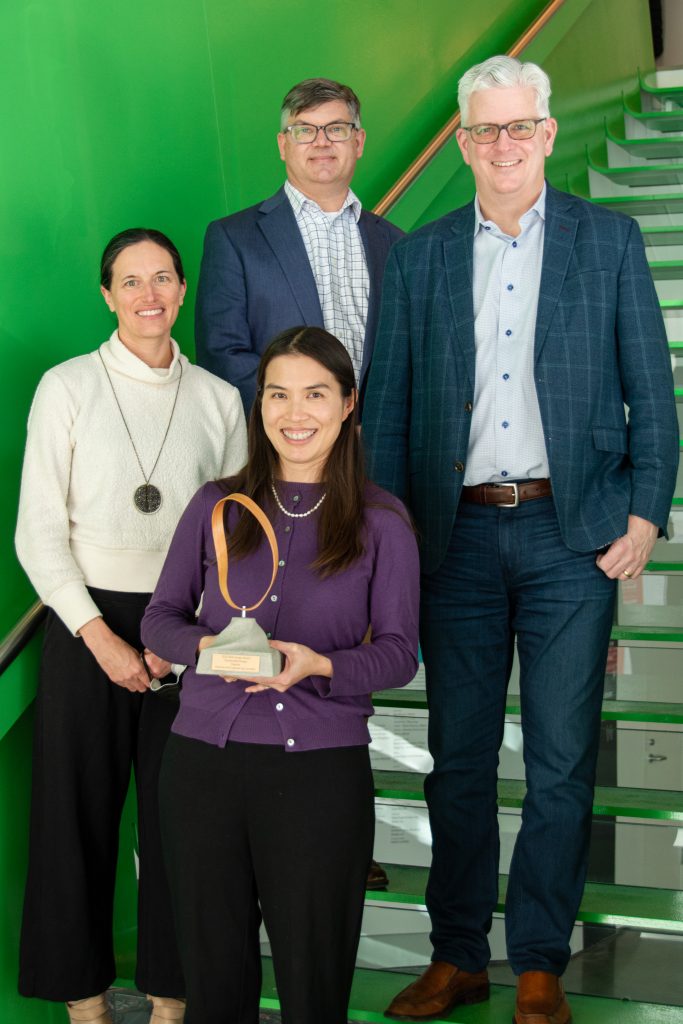
Find Us On Social Media!